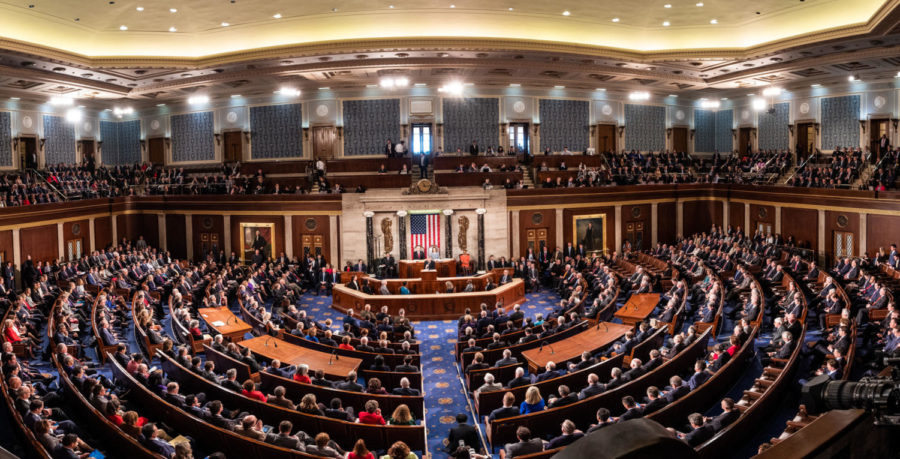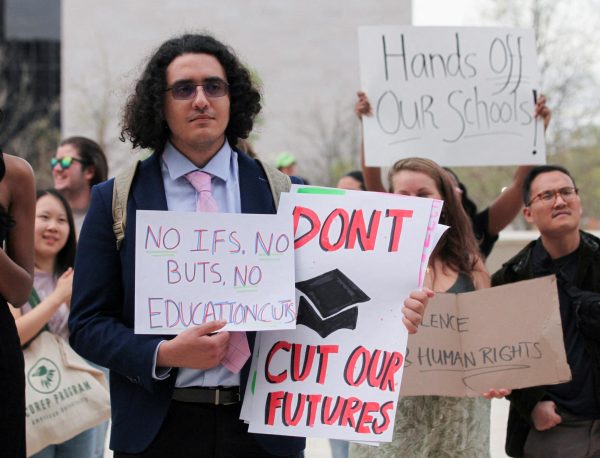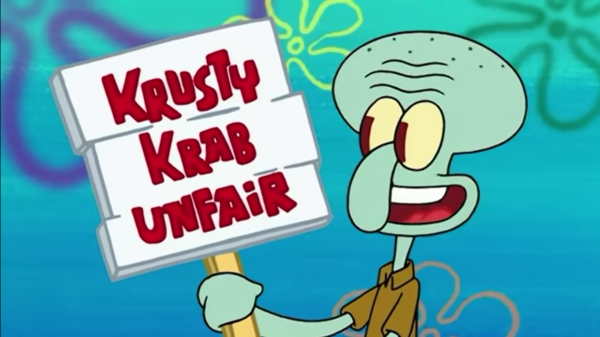Vote, After Vote, After Vote, After Vote. . .
NATO Secretary General makes a speech to the House of Representatives.
Now more than ever, we can relate to the famous Tik Tok sound, “What on earth is going on in the house?”
The House of Representatives continues to “represent” its constituents in the 118th Congress. With life being so vastly different on Capitol Hill, it is not surprising that they would continue to delay and suppress the American people’s right to have a dignified and bipartisan Congress. This has been a rough start for the Republican Party leading the house.
Even now, as the House has finally concluded its playtime with electing the Speaker of the House, they continue to point fingers and poke the other side of the political spectrum to get a heated response. James Madison said that House should be the “grand repository” of democracy in the world. However, we can see Madison’s hopes for the House of Representatives dwindling yearly.
The election for Speaker of the House took the House 15 times before it reached its final decision. The new Speaker of the House, Kevin McCarthy, is a Republican representative from California’s 20th district. He is now the 55th Speaker of the House.
History teacher, Bryan Looker, explains why it took the House 15 ballots to elect McCarthy to Speaker.
“The Republicans retook the House, but only by the slimmest of margins, 222-213,” Looker said. “Since the vote for speaker requires a majority of the votes of members present, the 213 Democrats made sure their votes went to someone other than a Republican. In this scenario, any Republican who wanted to be Speaker needed 218 votes. That was a major stumbling block because there are a number of fractures within the Republican Party. Many of these fractures have developed in the last few decades and have been accelerated by Donald Trump and the insurrection in 2021. The House had nearly 140 Republicans who voted to overturn the 2020 election after the insurrection.”
Looker said that those 140 Republicans are from the sixty moderates on one side and twenty Freedom Caucus members on the other. These factions could not agree on a candidate for Speaker of the House. He said that the eventual Speaker, Kevin McCarthy, had to make concessions (Committee assignments, etc.) to several members of Congress for their support. That is why it took so long before McCarthy could cross the threshold necessary to become Speaker of the House.
The longest time it ever took for the House to vote for Speaker was in 1855 and 1856, when it took them 133 ballots and around two months of voting. As you can see, the House has made this ridiculous mistake before.
As we sit back and watch the House unfold for the rest of the year, we can all hope that the biased and partisan politics that has been plaguing the House for so long will end. That is not only a dream for this author.
Your donation will support the student journalists of Logansport High School. Your contribution will allow us to purchase equipment and cover our annual website hosting costs.

Justin has been a part of the Magpie staff for four years. In that time, he has been the Opinions Section Editor, News Section Editor, Business Manager,...






